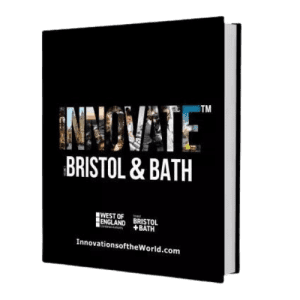Bath Spa University is where creative minds meet. We teach and research across art, sciences, education, social science, and business. The University employs outstanding creative professionals who support its aim to be a leading educational institution in creativity, culture and enterprise. We are a small university with 8000 students spread across several outstandingly beautiful campuses, from our Graduate School which is located in a stately home to our brand new creative arts facility, located in a former furniture factory on the river Avon in the heart of the Georgian city of Bath. We’re a registered social enterprise, with civic engagement high on our agenda for both students and staff.
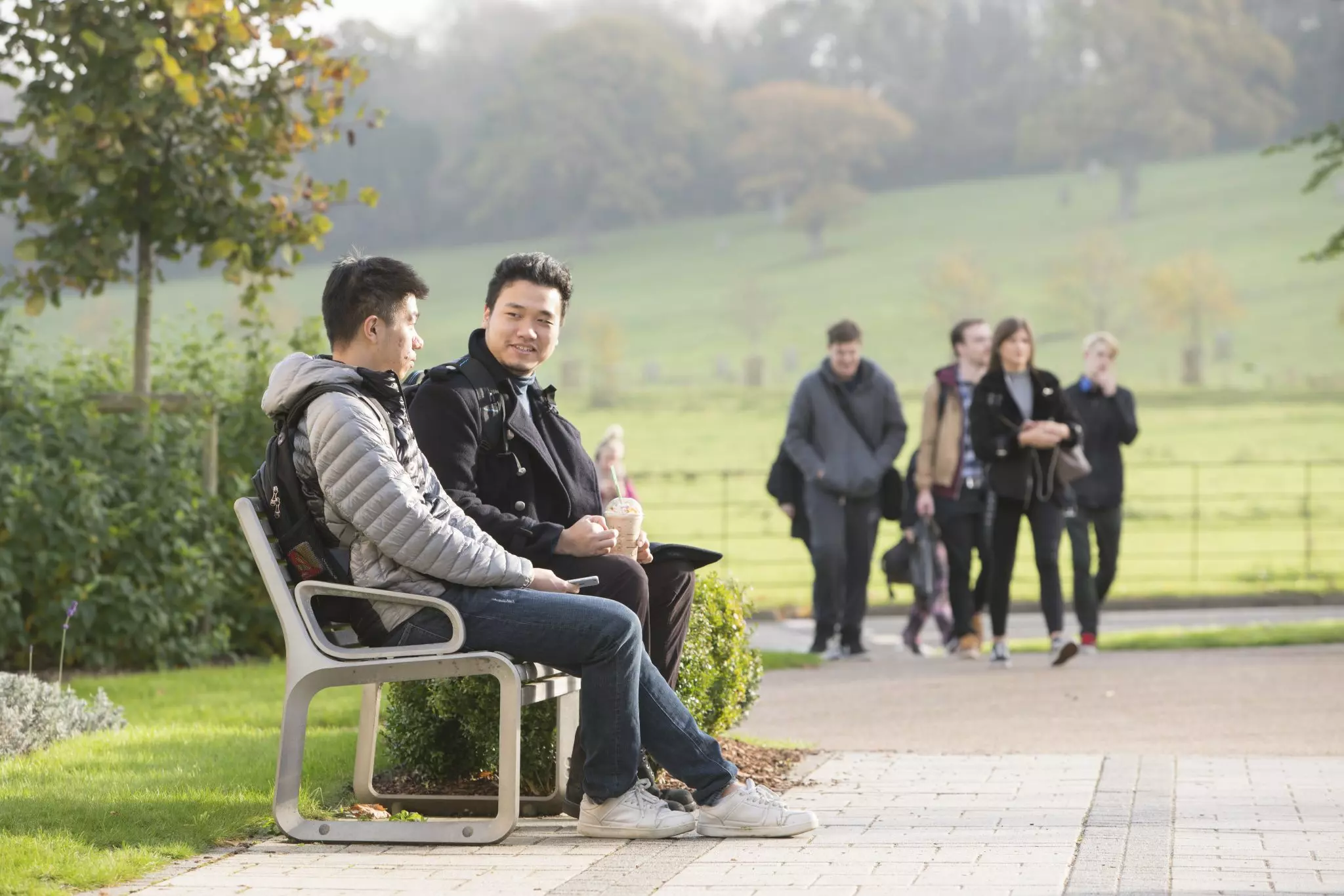
THE CENTRE FOR CULTURAL AND CREATIVE INDUSTRIES: CCCI
Since it was set up in 2017, CCCI has driven forward research in the creative industries at the university. In line with the UK Government’s Industrial Strategy sector deal for the creative industries, CCCI has led on the University’s deep engagement with local, regional, and international business partners, from our cross-sector AHRC-funded research programme, Amplified Publishing – which brings together large partners like BT, Epic Games, Future, and the BBC with regional creative tech businesses like Rocketmakers and Complete Control to think deeply about what the future of publishing might look like – to our engagement with the many artists, writers, and technologists among our academics. We support blue-sky research and development while helping to augment existing projects and find new avenues for enterprise and industry partnerships. And one of the main ways we achieve this is through Bath Spa’s first step into providing innovation space for local microbusinesses – The Studio at Palace Yard Mews.
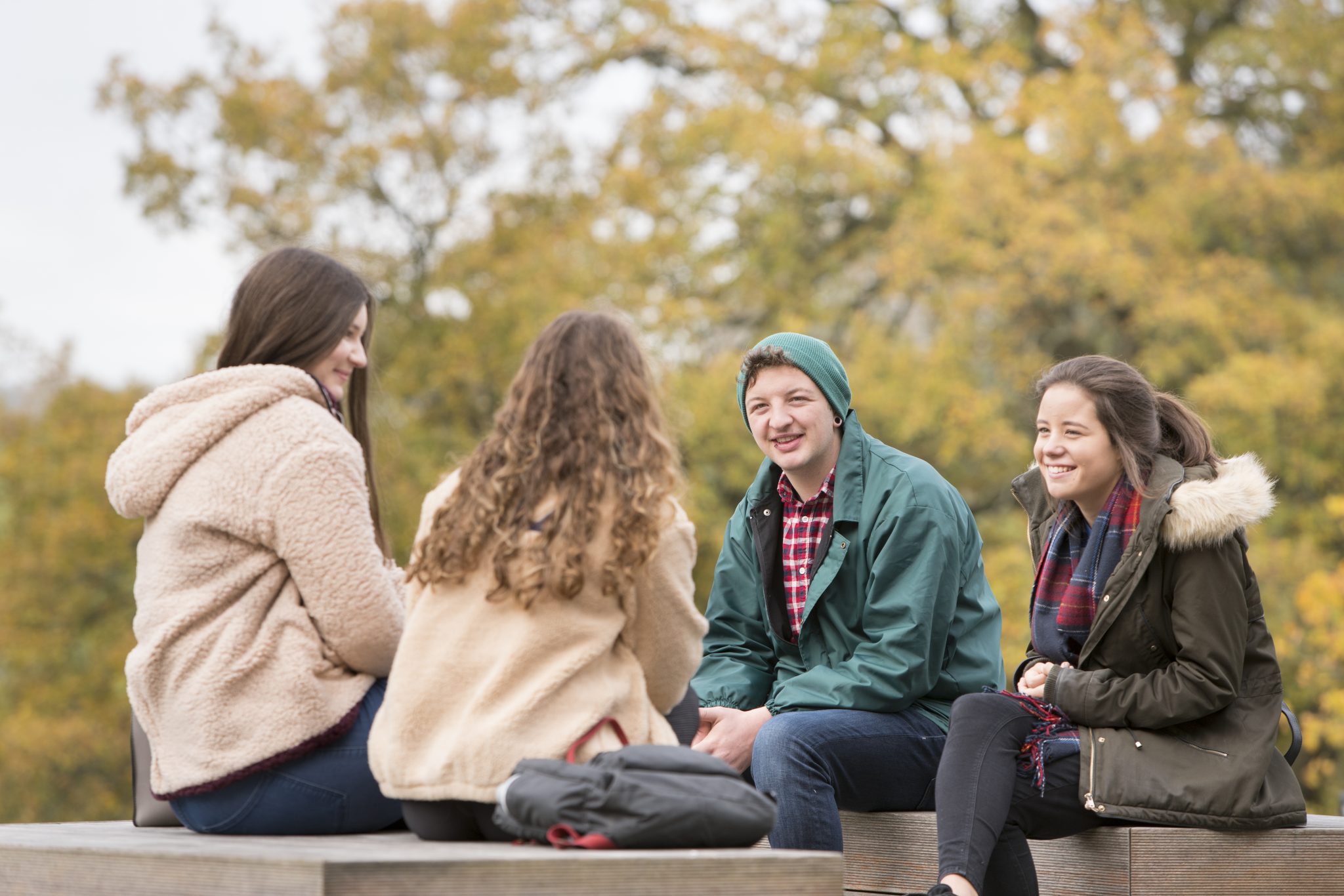
THE STUDIO AT PALACE YARD MEWS
The Studio at Palace Yard Mews is Bath Spa University’s first step towards establishing a city-centre home for research, innovation, and enterprise, with a focus on fostering fruitful collaborations between art and technology throughout the creative industries. Our vision is to build an ecosystem of students, academics, graduates, micro-businesses providing a generous working environment to support inclusive and sustainable growth. We see The Studio as part of the University’s civic engagement with the city, in line with the social enterprise ethos Bath Spa is developing. The businesses we work with run the gamut from the sole trader grappling with establishing a sustainable business that will support him and his work, to the tech start-up founder who is looking for exponential growth for her enterprise. We are also exploring collaboration within the ambitious transdisciplinary ISTART innovation and enterprise project with the University of Bath, Bath College, and a host of other partners.
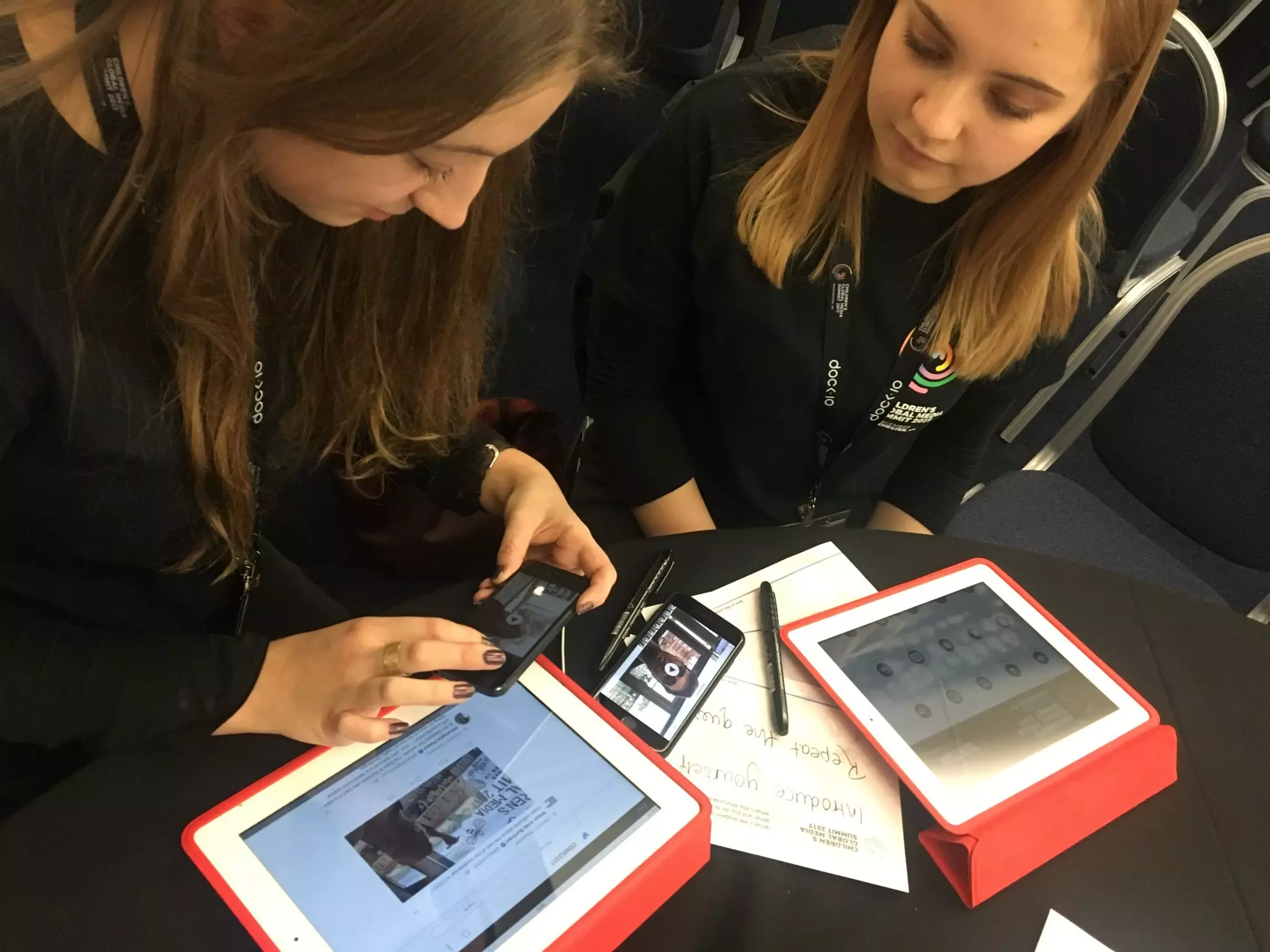
THE STUDIO CASE STUDY: LITTLE LOST ROBOT
Little Lost Robot was founded by a partnership between artists Ruby Jennings and Joseph Wilk. They are an ‘arty’ robotics company with the aim of making technology humane and accessible, using tech to “create a vision of the future that is non-slick, human-centric and gloriously humane in all its messy domestic parts”. They were The Studio’s first Resident business, joining the space in November 2019. The two main projects Little Lost Robot has been working on in The Studio have been Playable Spaces, which explores the way automation can aid the development of public spaces, by using soft robotics to create malleable and versatile street furniture, and Stupid Cities, a prototype which aims to improve the social equality of our cities by using placemaking tools to highlight how current urban design creates disability.
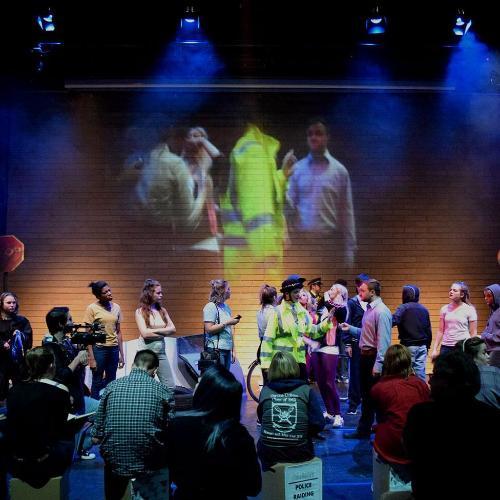
THE STUDIO: OUR VALUES
- Inclusive: we engage with a broad range of people across multiple sectors
- Interdisciplinary: we support innovation across disciplines
- Practice-based: we make and do stuff
- Entrepreneurial: we create sustainable work that has lasting impact in the world
- Collaborative: we are in this space because we believe we work better when we work together
- Creative: we are interested in exploring how technology can expand and augment creativity
